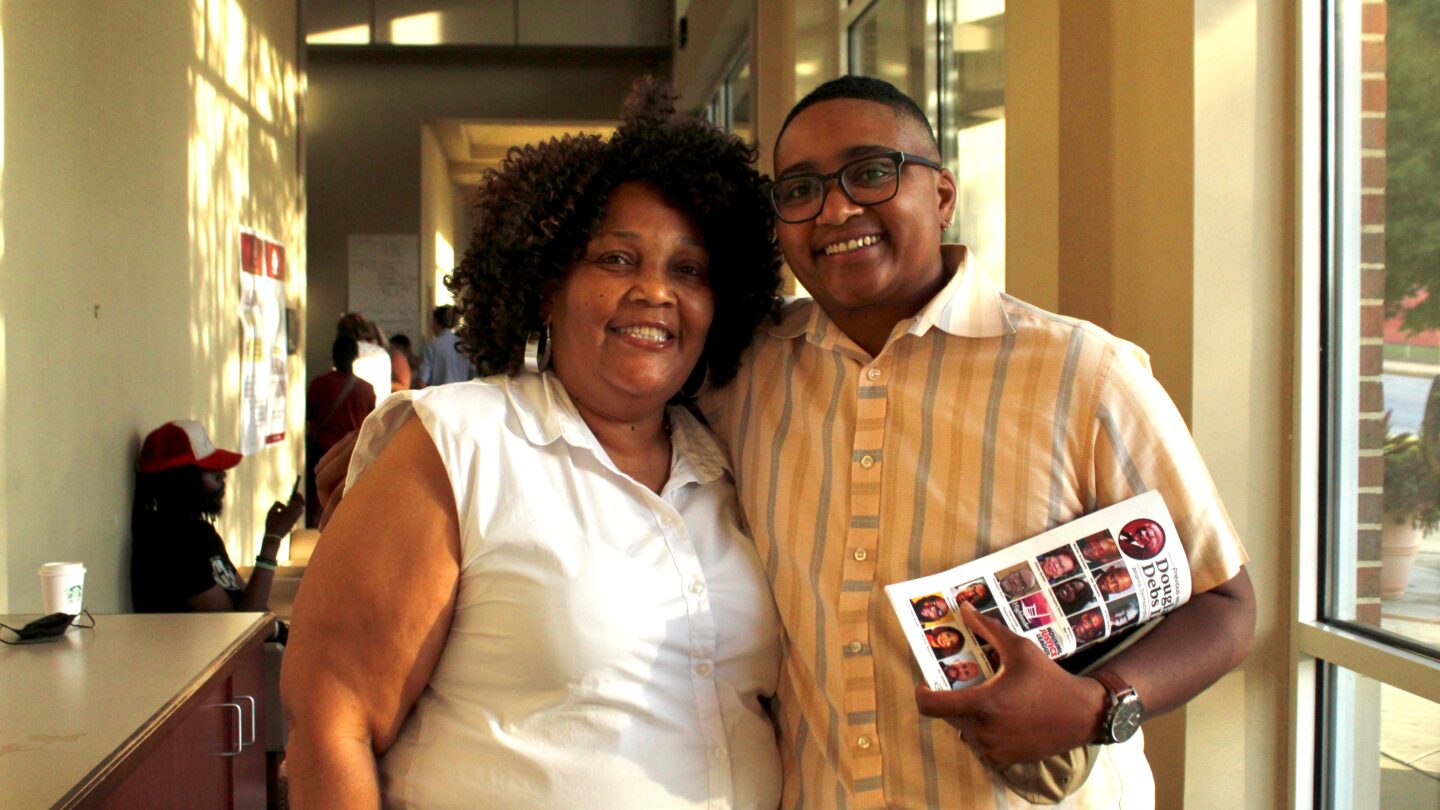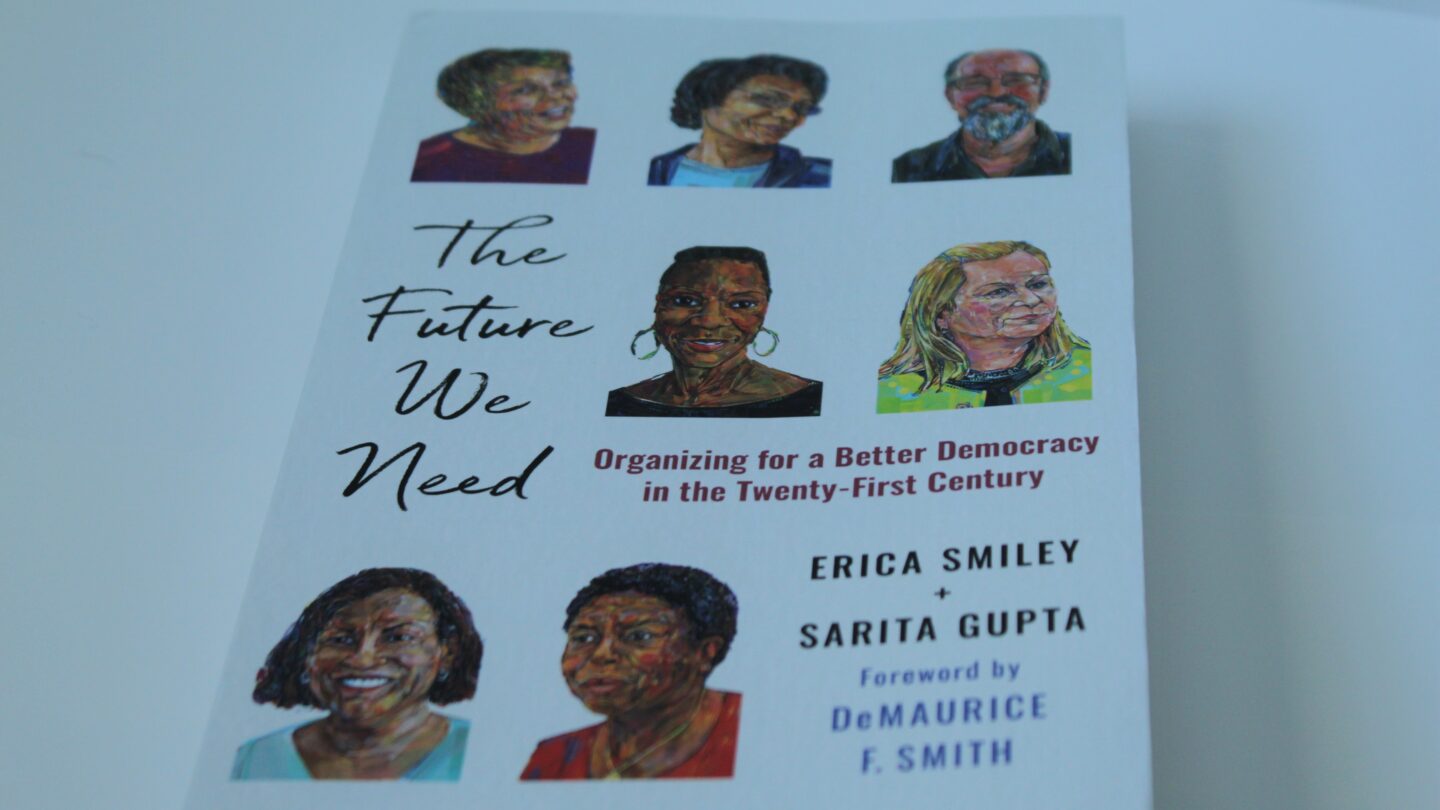New book profiles labor organizers, including former Morehouse worker

Rubynell Walker-Barbee was a campus food service manager at Morehouse College, although she often saw her role as something more of a counselor and mentor.
“As a parent, you can see the need that they had, so it was easy to draw them in to see what they needed,” Walker-Barbee said.
Being there for students was rewarding – even if their stagnant wages were not.
Relying on her past union experience in Michigan, she and her co-workers began a long struggle, pursuing a collective bargaining agreement with the concessionaire they were working for.
“It was just really trusting in God and being strong, because it was a really a hard fight, it went on for a year and a half. I believe it took us a year and half to get it,” she said.
But they finally did, becoming members of the Service Employees International Union.
Overall, labor union membership across the U.S. has fallen over the past few decades. But recent victories at places like Amazon, Starbucks and Apple have organizers feeling optimistic about the future.
Walker-Barbee’s story, which also includes a successful fight for unemployment pay, is included in a new book, called “The Future We Need: Organizing for a Better Democracy in the Twenty-First Century.” Co-author Erica Smiley says the book is meant to change the perception of union workers.

“You know, you picture this Jimmy Hoffa-looking character, or whatever, and in fact, it’s just everyday people just trying to find dignity in work,” Smiley said.
Smiley is executive director of the advocacy group Jobs with Justice. It’s an unlikely role, she admits, for someone who grew up in the South and had very little exposure to unions.
“I found myself being incredibly angry that the people I grew up around didn’t have access to it in the same way people in other places did,” Smiley said. “When I finally left home I went to Maryland, and Virginia, D.C., and New York. And I was like ‘wait a minute, this is like part of everyday life up here.’”
She says as the nature of work continues to shift and that, as new industries emerge, unions can thrive by continuing to evolve to meet the needs of the workers they serve.








